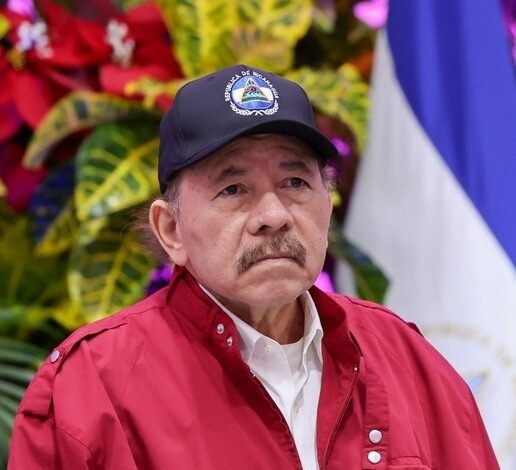Photo: Communication and Citizenship Council of the Government of Nicaragua, CC0, via Wikimedia Commons
In a move that has caused alarm among landowners, indigenous communities, environmentalists, and opponents, the Nicaraguan Parliament, dominated by the Sandinista Front, approved the new Border Territory Law, which declares a 15-kilometer strip along all the country's borders as state property, handing it over to the Nicaraguan Army, an announcement made by Ortega.
The regulation, which repeals a 2010 law that recognized only the first five kilometers as inalienable, extends state inalienability to the entire border zone, which has been described as a "confiscatory" act by various sectors.
Affected areas and widespread fears
The new zone covers more than 18,000 km² and affects territories in agricultural, protected, indigenous, and high-economic-value zones, especially along the borders with Honduras and Costa Rica.
Indigenous and Afro-descendant organizations denounce that the law violates their rights, legitimizing expropriations and possible forced displacements without prior consultation.
According to the Network of Indigenous Defenders of the Caribbean Coast, the measure "legitimizes the dispossession" of ancestral territories and increases legal uncertainty.
Reactions to a “big confiscation”
Former opposition guerrilla Dora María Téllez warned that communities such as Waspam, Jalapa, Somoto, San Fernando, and San Juan de Nicaragua are already at risk, as everything within 15 km of the border "now belongs to the State."
Meanwhile, opposition leader Juan Sebastián Chamorro noted that this measure represents "the largest confiscation in a single day in the history of Nicaragua," with a devastating impact on property, investments, and individual rights.
Official reasons and questions
Sandinista deputy Edwin Castro defended the law, arguing that its objective is to "safeguard the sovereignty, national security, territorial integrity, independence and peace" of the country.
However, analysts point out that the real purpose could be something else: to facilitate mining concessions, such as those recently granted to the Chinese company Thomas Metal, even in protected areas like the Indio Maíz Biological Reserve.
Lawyer Eliseo Núñez warns that the regime could also use the new territorial control to extort business owners, penalize opponents, and transfer property to individuals aligned with the government.
But…what does the measure entail?
- The law deepens the militarization of the border, under the direct control of the executive branch.
- Land nationalization affects investment, creates legal uncertainty, and increases the risk of dispossession and displacement.
- The measure is part of a broader trend of authoritarianism, also evident in constitutional reforms and persecution of opponents since 2018.
For more stories like this, follow More Latin.
Sources:

